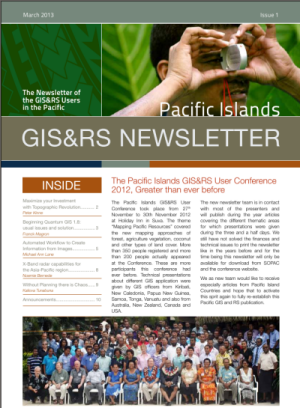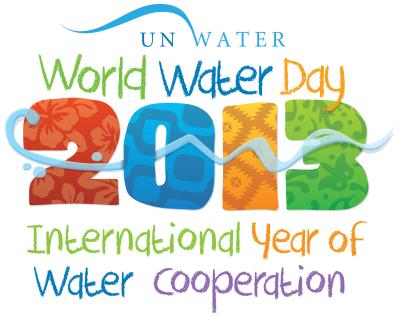
From 8 to 12 March, representatives of the French Pacific territories* met to discuss one of the most significant natural hazards for their territories, i.e. the tsunami risk.
This work, which was made possible with the support of European funding, was conducted in collaboration with scientists from the French Institute of Research for Development (IRD), the Geophysics Laboratory (CEA) and the French Naval Hydrographic and Oceanographic Service (SHOM) under the guidance of SPC’s Applied Geoscience and Technology Division. A delegate from the French Polynesian Corporation for the Promotion of Municipal Districts and a representative of the French Ministry of Overseas Departments and Territories (délégation générale à l’outre-mer) also took part in the meeting.
The participants exchanged and shared scientific knowledge on the tsunami risk, the lessons learnt and the wide range of responses used to protect communities, e.g. educational measures, communication materials, alarms, signs.
The conclusions of this week long working sessions are part of the efforts underway in this area and will be further developed during the 2013 edition of the Pacific Platform for Disaster Risk Management, which SPC will be hosting in July.

 News & Media Releases
News & Media Releases


 Pacific countries are being urged to protect their deep sea mineral resources as commercial interest rapidly grows in the region.
Pacific countries are being urged to protect their deep sea mineral resources as commercial interest rapidly grows in the region.




